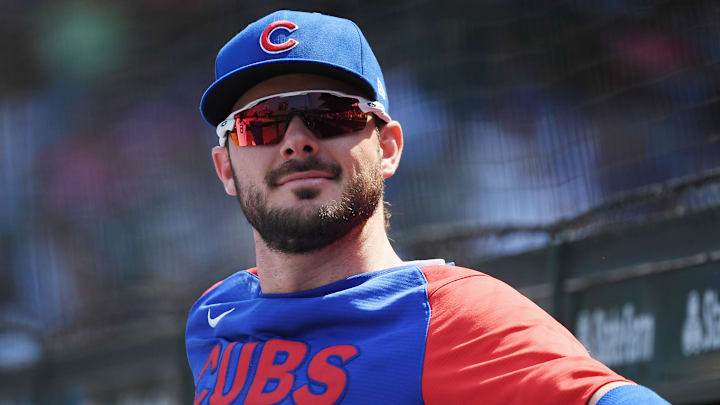Drafting is hard and that is no different for the Chicago Cubs. It doesn’t matter how many hours of live-action or film your scouts have watched, it doesn’t matter how many conversations your scouts have had with the player’s former coaches, there will always be some level of mystery associated with the draft process.
Drafting in baseball is even more difficult for several reasons:
Draftable players have leverage
In most sports, you draft the best player available. Period. In baseball, you can’t necessarily do that, because you have to try to build the best draft class you possibly can, and that could lead to drafting a different player than you may have expected at a given pick because the players left on the board have different demands for their signing bonus. That's not something you run into in the NBA or NFL which both have a rookie wage scale.
There is less consistency in the age, physical maturity and level of competition of draft-eligible players
Another added hurdle for the MLB Draft is that, unlike the NFL draft where all players are entering the league at least three years removed from their last year of high school, there is no consistency in the age or level of competition for the players that are available.
How does Mike Trout fall to the bottom of the first round? Simply put: teams were uncertain of what kind of player he was. He played his highest level of baseball prior to the draft in high school in the northeast, which meant he had limited film for scouts to watch due to the cold weather and he was competing against significantly lesser competition than Jared Mitchell, an outfielder who was drafted two picks before him out of LSU or even Randall Grichuck who was drafted one spot ahead of him but played his high school baseball in Texas.
There is almost zero instant gratification
In the NFL, players have an instant impact on the team that drafted them. Brock Purdy led the San Francisco 49ers to the NFC Championship last season, and to those that said anyone could lead that team to victory, I offer the NFC Championship itself as exhibit A of what happens without him in the game.
In the NBA, players have a near-instant impact on the team that drafted them. A majority of the most popular players in the sport are under the age of 25. In fact, in some cases (Zion Williamson/Ja Morant), players manage to have an entire career, going from being an overhyped draft pick, to a potential MVP, to drawing the ire of their fans before some of the best baseball players even get their first taste of the majors.
So with all of those things working against a General Manager, how do you draft the best player you possibly can put your team in a position for long-term success? That’s the question we’ll answer and finish up with a preview of the players the Cubs should target in the draft next month.
